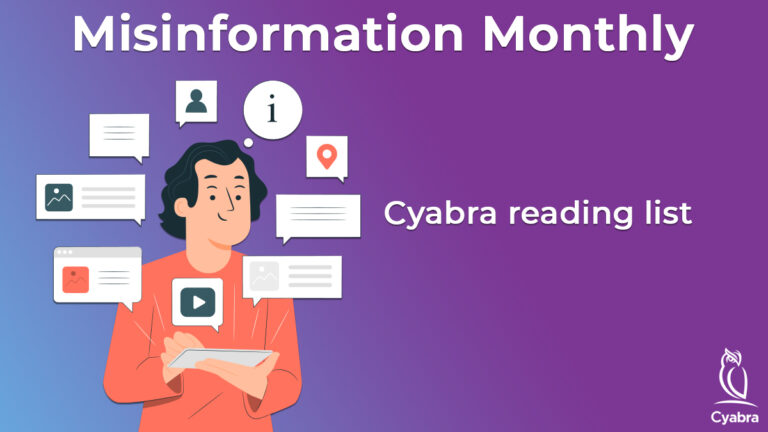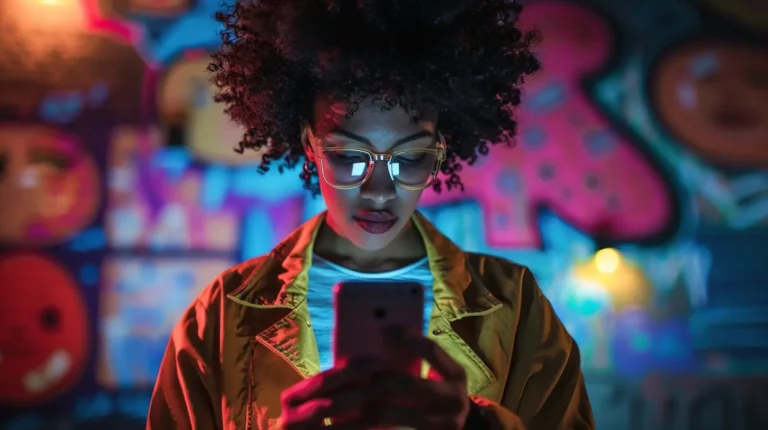US Legislators, educators, and parents: do you know where your state stands on Media Literacy education? New research by MediaLiteracyNow.org, supported by Cyabra, sheds light on Media Literacy Education in public schools across the US. Why is this topic so important, and how can we help?
Media literacy is the ability to access, analyze, evaluate, create, and act using all forms of communication. It’s the ability to decode media messages and assess the influence of those messages on thoughts, feelings, and behaviors, as well as learning to create media thoughtfully and responsibly.
Why is Media Literacy so Important?
Media messages shape our ideas, beliefs, and attitudes. In today’s media environment, there are huge opportunities, as well as major consequences. The rapid advancement of communications technology is allowing greater access to sophisticated tools that are cheap and easy to use.
The accessibility of artificial intelligence tools allows ordinary people to create Deep Fake videos, imitate real voices, and generate human-like text in any style in seconds.
Manipulative messages and information of all kinds, created by individuals, governments, and other groups, represent a great challenge. It’s important to continue to raise awareness of the problem, and at the same time, to raise awareness of how to respond.
Social media is changing us as individuals and as a society. Research shows the online social media tools we use today can have harmful effects that can be life-changing, and deadly, for children. Cyberbullying, online radicalization through gaming, and sextortion, are among the many online harms. In addition, there are physiological and neurological effects we are only beginning to understand.
Can We Do More to Elevate Critical Thinking?
Ideally, US public schools prepare individuals for participation in the economic and civic life of the nation. When our young people leave school ready to participate as well-informed, discerning members of society, empowered to engage, we can avoid the worst consequences of groups and individuals acting on bad information.
The research studied K-12 schools (kindergarten through 12th grade publicly supported schools) to uncover which states have taken steps toward media literacy education reform through the legislative process. Compared to similar 2020 research, there is a definite rise in states’ and schools’ understanding of the importance of Media Literacy Education. However, it is far from being enough. Only 18 out of 50 states are teaching Media Literacy, which means most of the students in the US are not learning skills to discern the quality of information they find online. They are not learning how to make informed, reasoned decisions about how to use the information and tools at their disposal, or the ethics of those decisions. Meanwhile, they are spending many hours per day navigating a sprawling media landscape, often filled with misinformation, disinformation, portrayals of violence, drug abuse, misogyny, and more.
This research was created with the intent to inform and inspire other states to follow suit.
Media literacy is not a partisan issue. Leaders of the movement include Republicans and Democrats. Most of the new legislative actions have been taken in a bipartisan or nonpartisan way.
A quality media literacy education teaches students how to think more critically, not what to think. It is not an extra, it is an essential element of education.


